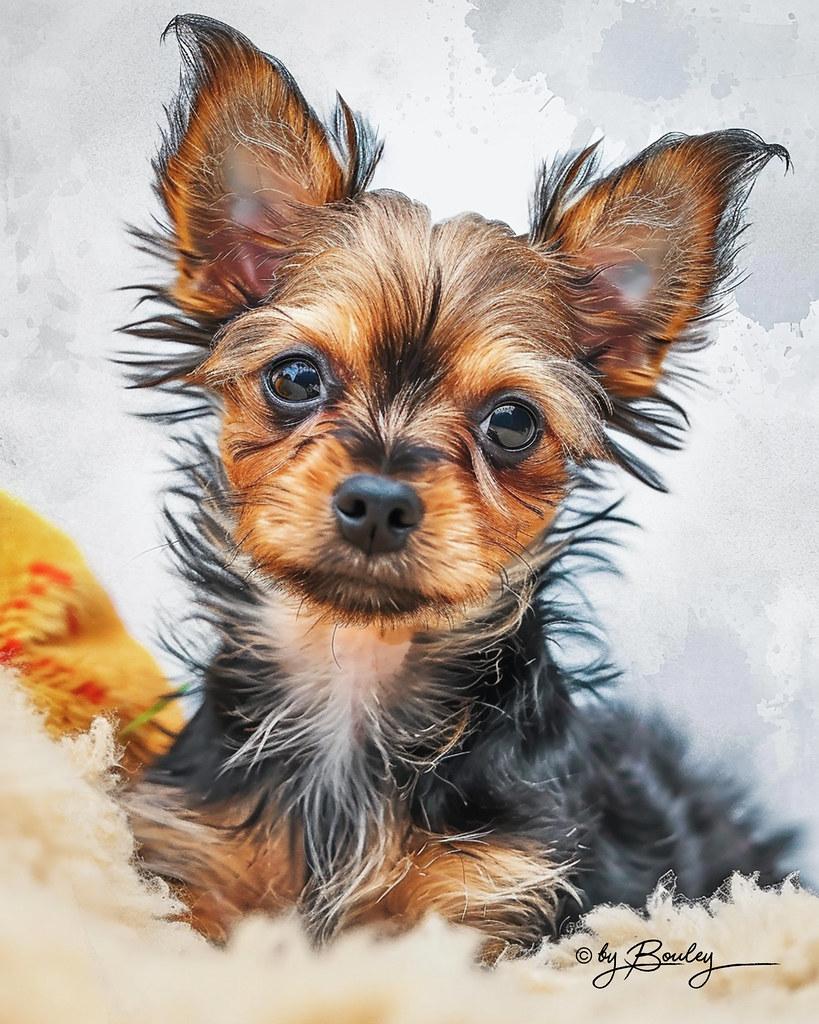Welcoming a furry friend into your home is a joyous occasion, filled with wagging tails and boundless affection. Yet, for those who have chosen one of the more stubborn dog breeds, this journey can sometimes feel like an uphill battle. These breeds, known for their independence and strong will, often require a bit more patience and creativity when it comes to training. Fear not, though, as the bond you’ll build through this process is incredibly rewarding. In this article, we’ll explore effective training tips tailored specifically for these determined companions, ensuring that both you and your dog enjoy a harmonious and fulfilling relationship. Whether you’re a seasoned dog owner or a first-time pet parent, these strategies will equip you with the tools needed to nurture a well-behaved and happy canine companion.
Understanding Stubbornness in Dogs: A Gentle Approach
When dealing with a determined canine companion, understanding the root of their obstinacy is crucial. Often, what we perceive as stubbornness is simply a display of independence, intelligence, or a need for clarity in communication. Patience and consistency are key. Rather than resorting to force, try to identify what motivates your dog. Is it treats, toys, or perhaps praise? Use these motivators to encourage desired behaviors.
- Positive Reinforcement: Reward your dog immediately when they follow a command. This reinforces the behavior and makes them more likely to repeat it.
- Short Training Sessions: Keep sessions brief but frequent. This prevents boredom and maintains your dog’s interest.
- Clear Commands: Use simple, consistent words for commands. Avoid changing the phrasing as it might confuse your dog.
- Patience is Key: Understand that progress may be slow. Celebrate small victories and remain calm and positive.
Approach each training session with empathy and understanding. Remember, your dog’s stubbornness is just a part of their personality, not a flaw. With the right techniques, you can channel their determination into positive behaviors.
Building Trust and Communication with Your Stubborn Pup
Establishing a strong bond with your furry friend is essential, especially when dealing with a pup that has a mind of its own. A good starting point is understanding their perspective and showing patience. Consistency in your interactions will help them feel secure, knowing what to expect. This reliability fosters an environment where they are more likely to listen and respond positively. Consider incorporating some of these strategies to enhance your connection:
- Body Language: Dogs are masters at reading non-verbal cues. Use calm and open body language to convey your intentions clearly.
- Positive Reinforcement: Reward good behavior with treats, praise, or playtime. This approach encourages them to repeat desirable actions.
- Clear Commands: Use simple, consistent commands and avoid mixing words, which can confuse your pup.
Communication is a two-way street, so pay attention to your dog’s signals too. Notice their reactions to various situations and adjust your approach accordingly. By doing so, you nurture a relationship built on mutual respect and understanding, ultimately making training a more rewarding experience for both you and your stubborn pup.
Effective Training Techniques for Headstrong Breeds
- Consistency is Key: One of the most important factors when working with independent breeds is maintaining a consistent training schedule. Set aside time each day for training sessions, and stick to it. Repetition helps reinforce commands and ensures your dog understands what is expected. Keep sessions short but frequent, and remember to use the same commands and signals to avoid confusion.
- Positive Reinforcement: Reward-based training can work wonders with headstrong dogs. Use treats, praise, or playtime as incentives for good behavior. This approach not only motivates your dog but also strengthens your bond. Avoid using negative reinforcement or punishment, as this can lead to mistrust and anxiety.
- Engage Their Minds: Intelligent breeds often require mental stimulation to keep them engaged. Incorporate puzzle toys, scent games, or agility courses into your training routine. By challenging their minds, you prevent boredom and reduce the likelihood of stubborn behavior.
- Patience and Understanding: Training a stubborn breed can be a test of patience. Understand that progress may be slow and setbacks are normal. Approach each session with a calm and patient demeanor. Celebrate small victories, and remember that every dog learns at their own pace.
Patience and Consistency: Keys to Success in Dog Training
Training a stubborn dog breed can sometimes feel like a test of endurance, but remember, patience and consistency are your best allies in this journey. Dogs, much like humans, thrive on routine and clear expectations. When training your canine companion, keep your sessions short yet frequent, and always aim for a positive note. If your dog seems particularly resistant, consider breaking down commands into smaller, manageable steps. This approach can make learning more digestible for your furry friend.
- Stay calm and composed: Dogs can sense frustration, which can make them anxious and less receptive to learning.
- Use consistent cues: Stick to the same words and gestures for commands. Consistency helps your dog understand and remember.
- Reward progress: Celebrate small victories with treats or praise. Positive reinforcement strengthens desired behaviors.
- Be patient with setbacks: Training is not a linear path. If a session doesn’t go as planned, take a break and try again later.
Embrace the journey with your dog, acknowledging that each small step forward is a win. Over time, with steady effort and understanding, even the most stubborn breeds can become well-behaved companions.

